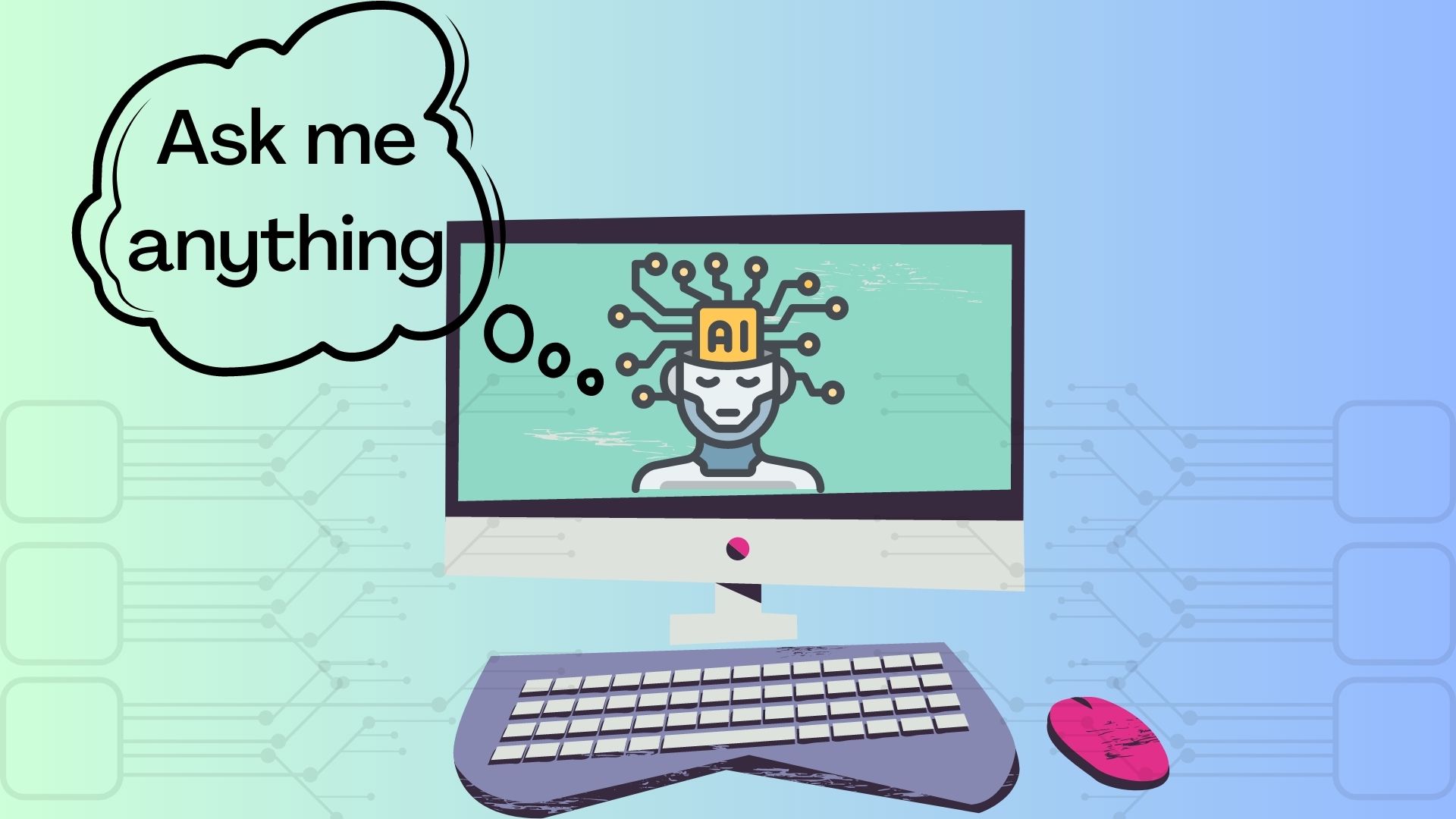Conversational AI waiting for a directive. Photo by Jasmine Sanchez.
By Jasmine Sanchez Staff Reporter
The rapid progress in recent developments of artificial intelligence (AI) has skyrocketed. With this, OpenAI, an AI research and development company, has pioneered the landscape of artificial intelligence by focusing on building a generative model using a system called, deep learning, to teach computers to process data from a similar perspective to the human brain.
Using deep learning, OpenAI has created a language processing tool called ChatGPT, which has only continued to grow in popularity.
Last November, ChatGPT was first launched as a prototype to garner attention and learn more about its system’s strengths and weaknesses through user feedback. It is powered by OpenAI’s Generative Pre-Trained Transformer (GPT) models, a deep learning model trained by relying on human-like text. With each request, artificial intelligence learns more about subjects and how to address them.
ChatGPT presents users with a human-like conversational tone when generating responses to commands or questions and often fulfills commands to the best of its ability or requests more clarification to promptly execute directives.
According to the ChatGPT Ai Team at OpenAI, “[ChatGPT’s]… ability to generate contextually relevant responses, learn from interactions, and adapt to user needs has made it a transformative technology with immense potential across various industries.”
OpenAI’s website affirms, “Since [the launch], millions of people have given us feedback [and] we’ve made several important updates and… seen users find value across a range of professional use-cases…”
During the first few months of the release of ChatGPT, access to the software was completely free; however, OpenAI made their intentions clear they intended to monetize their software in the future. Their attempts to generate revenue came in the form of a premium subscription of $20 a month that comprises a short but growing list of benefits such as; general access to ChatGPT, faster response times, and priority access to new features and improvements. However, having a premium subscription is not a requirement to have access to ChatGPT.
OpenAI expands on the variety of capabilities ChatGPT has to offer. The program has the ability to remember what the user has said or asked in the chat earlier, is trained to dismiss requests it deems inappropriate, and allows the user to provide corrections to any inaccurate information.
Despite the impressive abilities of ChatGPT, the software does have its limitations. As users start a new chat, a list of the programs’ drawbacks is given. The list consists of “occasionally [generates plausible sounding but] incorrect information,” “[can] produce harmful instructions of biased content,” and it has “limited knowledge of [the] world and events after 2021.”
As technology, such as ChatGPT, steadily advances, AI systems are bound to become part of everyday life. Glimpses of its potential have already glimmered into existence, shining upon certain industries and assisting human workers with simple tasks such as market research and generating product descriptions.
The progression of technology has raised concerns about jobs in certain industries becoming obsolete and decimating the livelihood of many. Throughout history, industries have learned to adapt, quickly making new jobs as swiftly as old jobs become redundant.
“This technology will profoundly transform how we live. There is still time to guide its trajectory, limit abuse, and secure the most broadly beneficial outcomes,” Anna Makanju, head of public policy at OpenAI, said.

